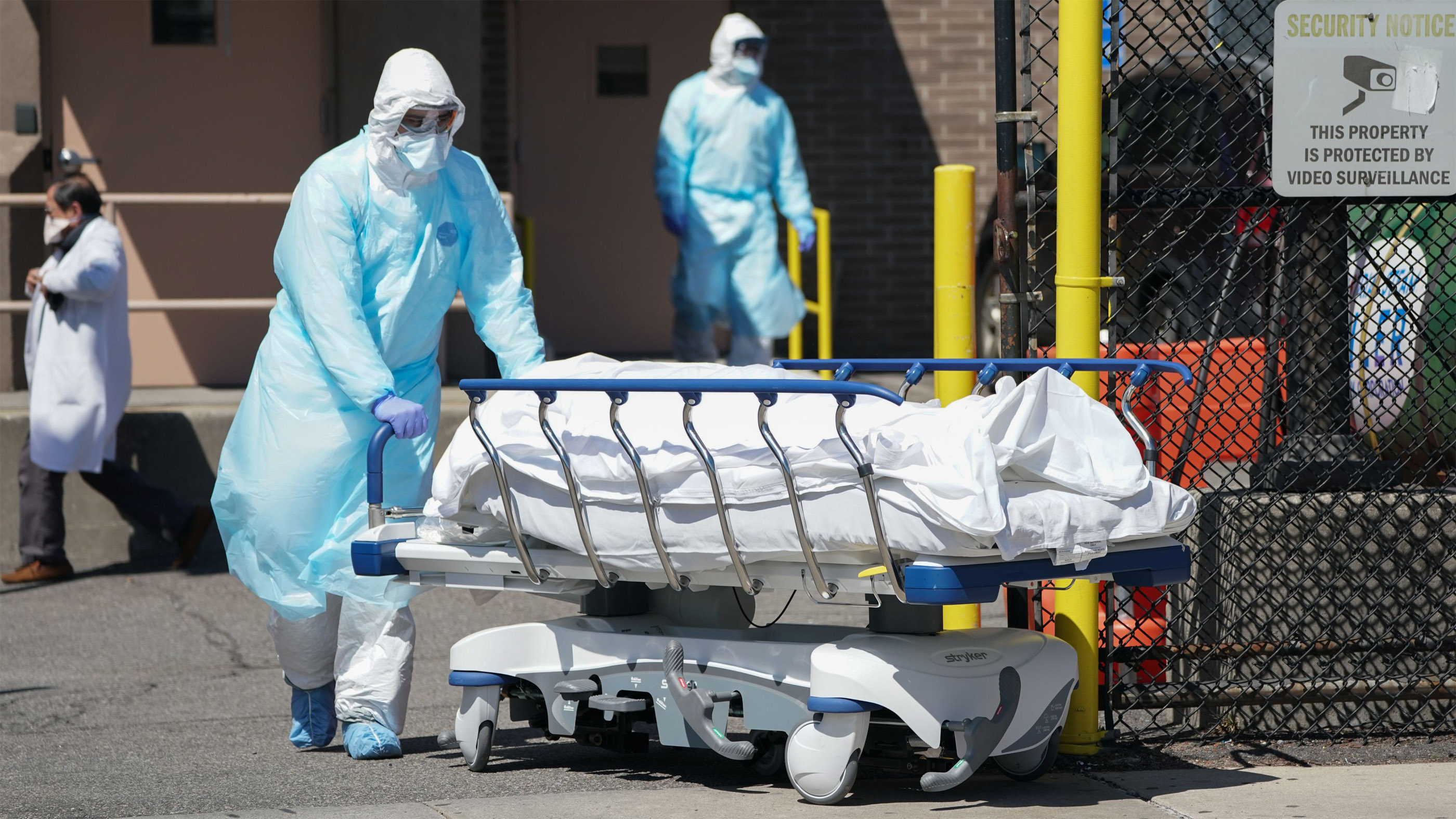
Although I don’t believe President Trump is particularly intelligent, I find it implausible that he could be quite so obtuse to believe that now is the time to start reopening businesses. So why would he pressure the states to do so while ignoring the scientific and medical experts who say it’s premature and likely to trigger a new wave of Covid-19 infections.
The answer is politics.
He has nothing to lose.
In January and February the president blundered when faced
with a pandemic he was unfit to handle. The
highly politicized, media-frenetic environment of his own making only
exacerbated his infirmity.
Instead of inspiring the country to work together to fight
this formidable enemy, he resorted to divisiveness, denial of science, and
passing the buck to the states creating a dysfunctional patchwork of
policy. You don’t win a war by allowing
50 generals to formulate and execute their own war strategies.
Some people have suggested that Trump doesn’t have the jurisdictional
authority to control how individual states respond to the virus, but there’s no
denying he has the leverage to get states to do anything he wants by
controlling various federal grants, aid programs, and the like that they rely
on.
So with all this in mind, Trump has dug himself so deep into
a hole it’s unlikely at this point he could win in November. So what would any respectable megalomaniac
do?
The answer: Commit
what appears to be political suicide by putting significant pressure on states
to reopen businesses.
Trump would likely get reelected if his nonsensical advice has
a fairytale ending with no significant rise in infections. But, in the far more likely event it
unleashes a more virulent wave of infections; he’s still afforded two possibilities
to extend his presidency.
First, he could potentially boost his approval ratings by
blaming the states for any new outbreak and as a consequence be afforded a
second chance to act like a responsible, unifying leader. Some voters, particularly the feeble-minded, gullible
and those with short memories, might actually buy into this giving him a
long-shot chance of reelection.
The second is to use the new outbreak as justification for
postponing the election. This would give
him time to further his political agenda, particularly in judicial appointments
and rolling back environmental legislation.
I realize this may sound absurd to many, but even Trump’s son-in-law and
advisor said recently that it is not being ruled out.
So there may be a method to his madness, a diabolical one at
that.
And if you don’t believe the coronavirus is likely to get
worse, consider how people typically behave.
If one state or region opens their businesses and an adjoining one remains
shut down, where do you think the residents of the more restricted and infected
area -= are going to flock for rest and relaxation?
Furthermore, states don’t have the wherewithal to enforce
policies meant to protect the public as businesses reopen. Some individuals and businesses left to their
own devices will invariably bend the rules.
And as we learned from the notorious Westport, Connecticut party that
made national news in March, it only takes a single breach to cause a ripple
affect of contagion.
Of course, constitutionally President Trump cannot
unilaterally postpone the election, but he is a master of causing people to
underestimate him and then surprising them.
We cannot afford to let this happen.
At the very least, measures should now be underway to increase and
promote the viability of secure, write-in ballots, and to block any other conceivable
route the Trump administration may take.
My fear, however, is that Republicans usually outsmart and
outmaneuver Democrats when it comes to dirty dealing.